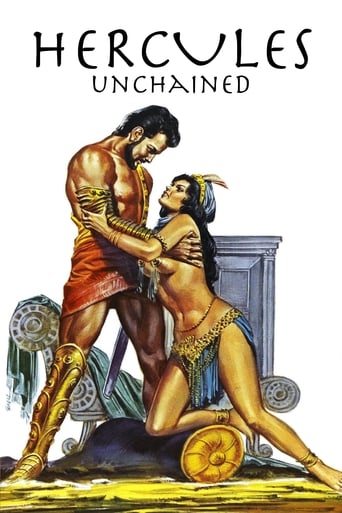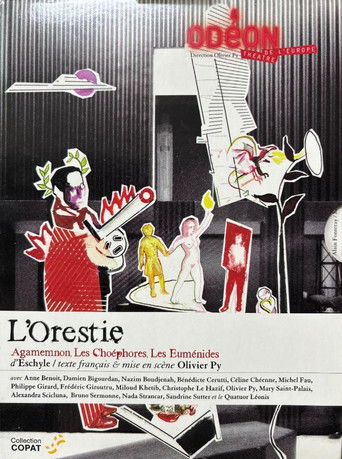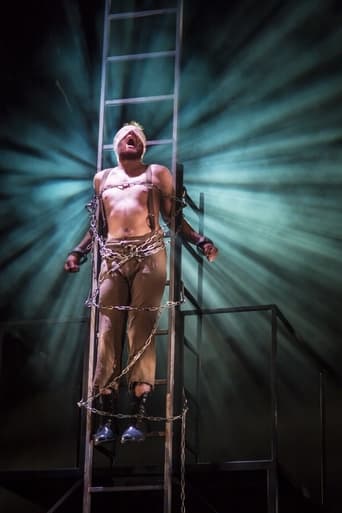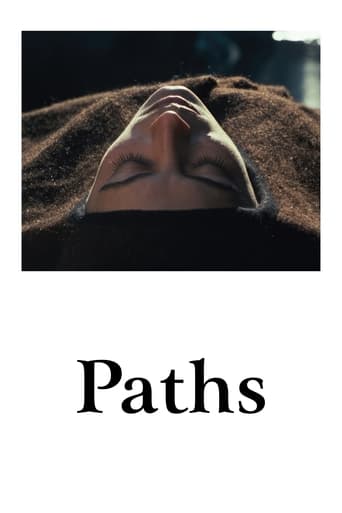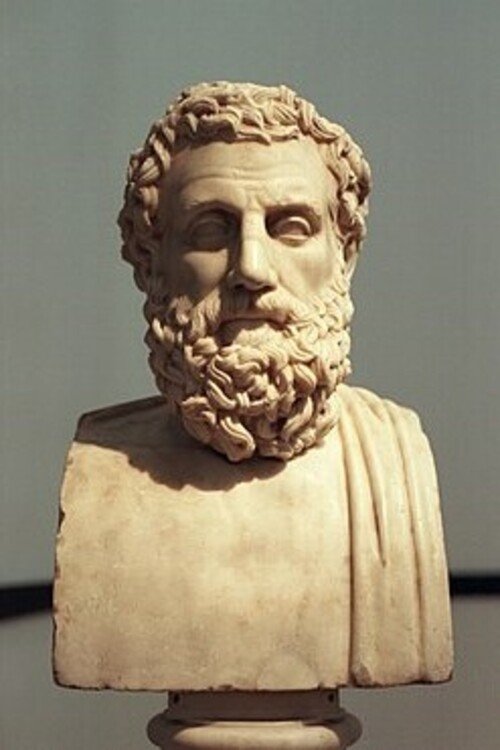
About
Aeschylus
Overview
Aeschylus (Ancient Greek: Αἰσχύλος c. 525/524 – c. 456/455 BC) was an ancient Greek tragedian often described as the father of tragedy. Academic knowledge of the genre begins with his work, and understanding of earlier Greek tragedy is largely based on inferences made from reading his surviving plays. According to Aristotle, he expanded the number of characters in the theatre and allowed conflict among them. Formerly, characters interacted only with the chorus. Only seven of Aeschylus's estimated 70 to 90 plays have survived in complete form. There is a long-standing debate regarding the authorship of one of them, Prometheus Bound, with some scholars arguing that it may be the work of his son Euphorion. Fragments from other plays have survived in quotations, and more continue to be discovered on Egyptian papyri. These fragments often give further insights into Aeschylus' work. He was likely the first dramatist to present plays as a trilogy. His Oresteia is the only extant ancient example. At least one of his plays was influenced by the Persians' second invasion of Greece (480–479 BC). This work, The Persians, is one of very few classical Greek tragedies concerned with contemporary events, and the only one extant. The significance of the war with Persia was so great to Aeschylus and the Greeks that his epitaph commemorates his participation in the Greek victory at Marathon while making no mention of his success as a playwright.
Known for
Writing |
||||
| 2022 | The Furies | Writing | Story | N/A N/A |
| 2021 | The Oresteia | Writing | Theatre Play | N/A N/A |
| 2021 | Prometheus Bound | Writing | Theatre Play | N/A N/A |
| 2015 | Prometheus | Writing | Theatre Play | N/A N/A |
| 2015 | Le Supplici di Eschilo - Teatro greco di Siracusa | Writing | Theatre Play | N/A N/A |
| 2010 | L'Orestie | Writing | Theatre Play | N/A N/A |
| 2004 | Prometheus Bound | Writing | Author | N/A N/A |
| 1998 | Prometheus Retrogressing | Writing | Theatre Play | N/A N/A |
| 1992 | Prometheus Bound | Writing | Writer | N/A N/A |
| 1983 | The Oresteia | Writing | Theatre Play | 58 Average |
| 1983 | Seven Against Thebes | Writing | Writer | N/A N/A |
| 1978 | Trails | Writing | Theatre Play | 59 Average |
| 1975 | The Persians | Writing | Writer | 58 Average |
| 1975 | Prometheus Second Person, Singular | Writing | Theatre Play | N/A N/A |
| 1972 | Fragments of an Alms-Film | Writing | Original Story | 58 Average |
| 1972 | Orestea | Writing | Theatre Play | N/A N/A |
| 1972 | Orestea | Writing | Writer | N/A N/A |
| 1969 | Forgotten Pistolero | Writing | Theatre Play | 58 Average |
| 1967 | The Illiac Passion | Writing | Theatre Play | 58 Average |
| 1961 | The Persians | Writing | Theatre Play | N/A N/A |
| 1959 | Hercules Unchained | Writing | Theatre Play | 58 Average |
